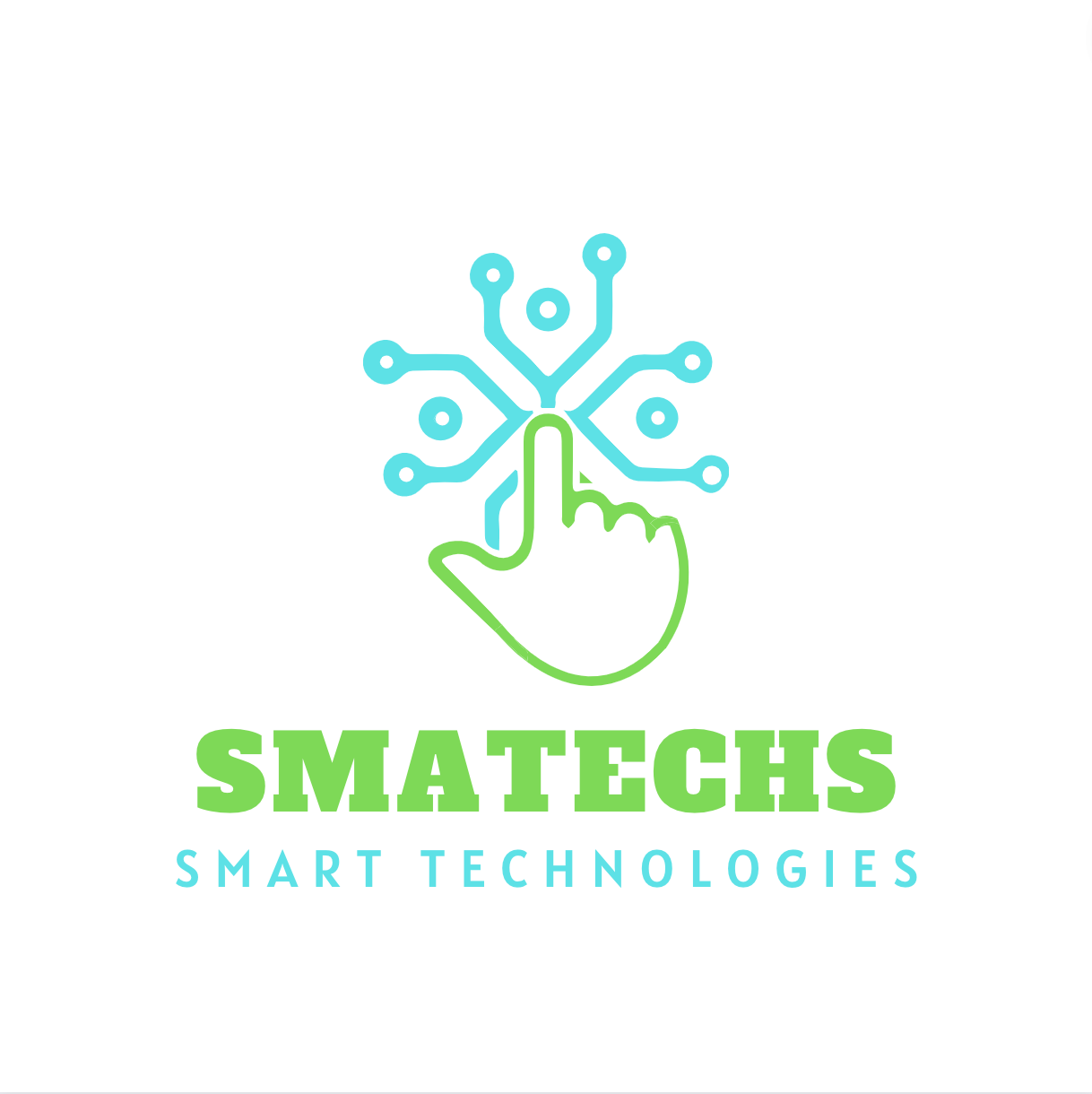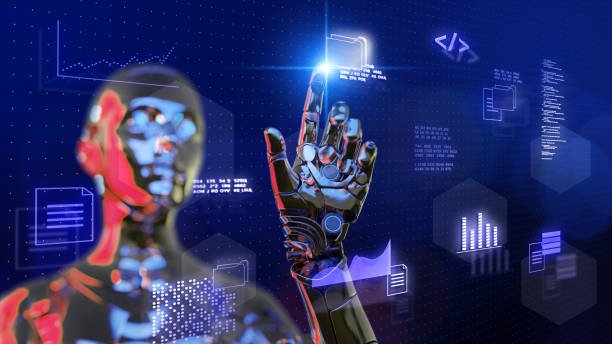Unlocking the Potential of AI | SmaTechs
In the vast landscape of technological innovation, few advancements have captured the imagination quite like Artificial Intelligence (AI). With its ability to simulate human intelligence processes, AI has swiftly moved from the realm of science fiction to practical applications across various industries, promising transformative changes in how we work, live, and interact with the world around us.

AI, at its core, encompasses a range of technologies that enable machines to mimic cognitive functions such as learning, problem-solving, and decision-making. Its development has been accelerated by exponential increases in computing power, the proliferation of big data, and breakthroughs in algorithms, particularly machine learning and deep learning.
One of the most prominent manifestations of AI is in automation. From manufacturing to customer service, AI-powered systems have revolutionized industries by streamlining processes, enhancing efficiency, and reducing costs. For instance, in manufacturing, AI-driven robots can perform repetitive tasks with precision and speed, leading to higher production rates and fewer errors.
Moreover, AI is reshaping the way businesses understand and engage with customers. Through advanced data analytics and natural language processing, AI systems can analyze vast amounts of customer data in real-time, enabling companies to personalize their offerings, predict consumer behavior, and deliver targeted marketing campaigns.
In healthcare, AI holds the promise of revolutionizing diagnostics and treatment. Machine learning algorithms can sift through medical records, images, and genomic data to identify patterns and make accurate predictions, assisting physicians in diagnosing diseases earlier and tailoring treatments to individual patients.
Beyond business and healthcare, AI is making significant strides in addressing some of society’s most pressing challenges. In agriculture, AI-powered drones and sensors can monitor crop health, optimize irrigation, and detect pests, leading to higher yields and sustainable farming practices. In transportation, autonomous vehicles equipped with AI technology promise safer roads, reduced congestion, and lower carbon emissions.
However, alongside the immense potential benefits, AI also raises important ethical and societal considerations. Concerns about job displacement due to automation, biases in AI algorithms, data privacy, and the potential misuse of AI for surveillance or warfare underscore the need for thoughtful regulation, transparency, and accountability in AI development and deployment.
To unlock the full potential of AI while mitigating its risks, collaboration between policymakers, industry leaders, researchers, and ethicists is essential. This collaboration should prioritize the development of robust governance frameworks, ethical guidelines, and mechanisms for accountability and transparency in AI systems.
Furthermore, investing in education and reskilling programs will be crucial to prepare the workforce for the AI-driven economy of the future. By equipping individuals with the skills to adapt to technological change, we can ensure that AI enhances human capabilities rather than replacing them.
In conclusion, AI represents a transformative force with the power to reshape virtually every aspect of our lives. From revolutionizing industries to addressing global challenges, the potential applications of AI are vast and profound. However, realizing this potential requires a concerted effort to address ethical, societal, and regulatory concerns while fostering innovation and collaboration. By doing so, we can harness the power of AI to create a more prosperous, equitable, and sustainable future for all.



